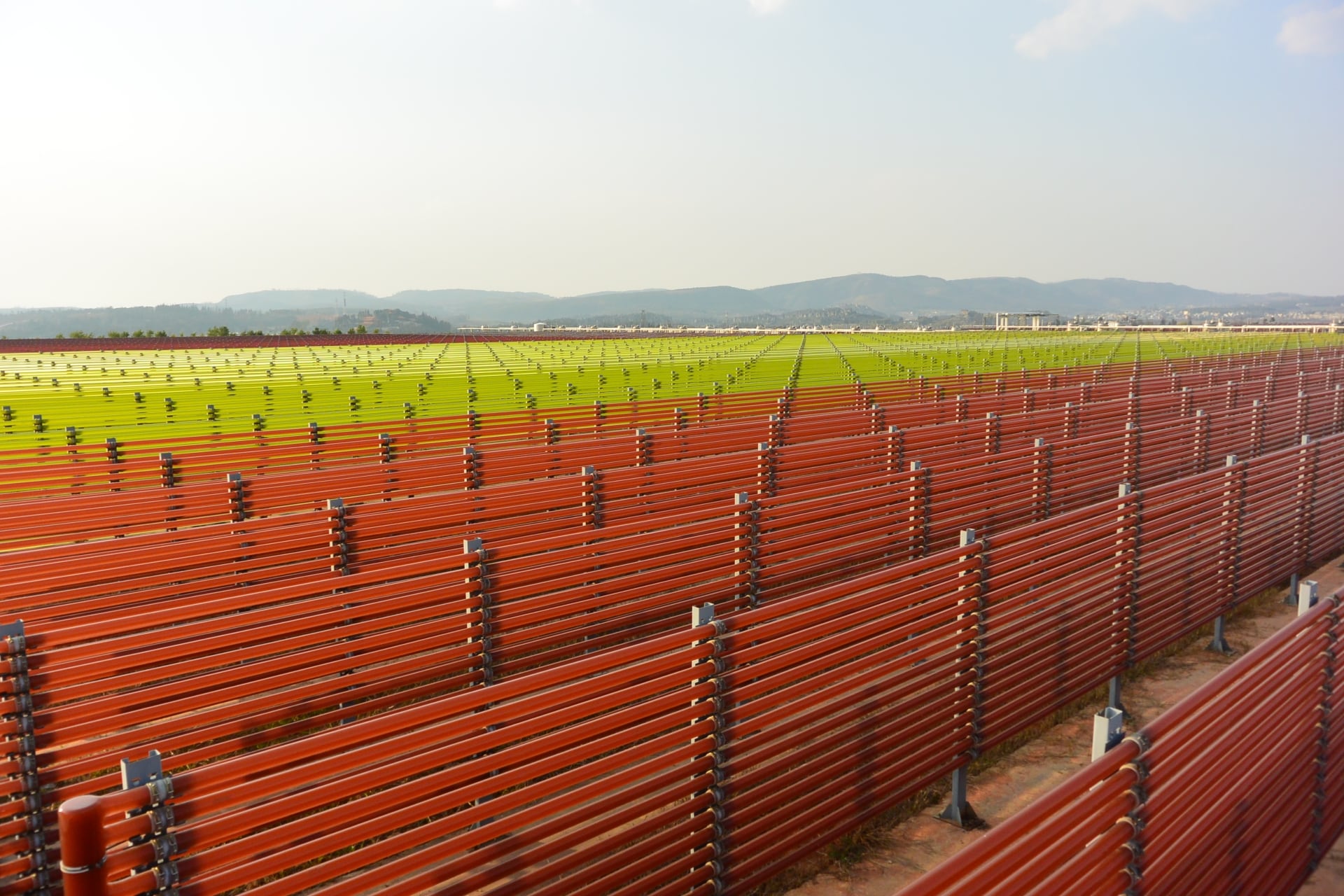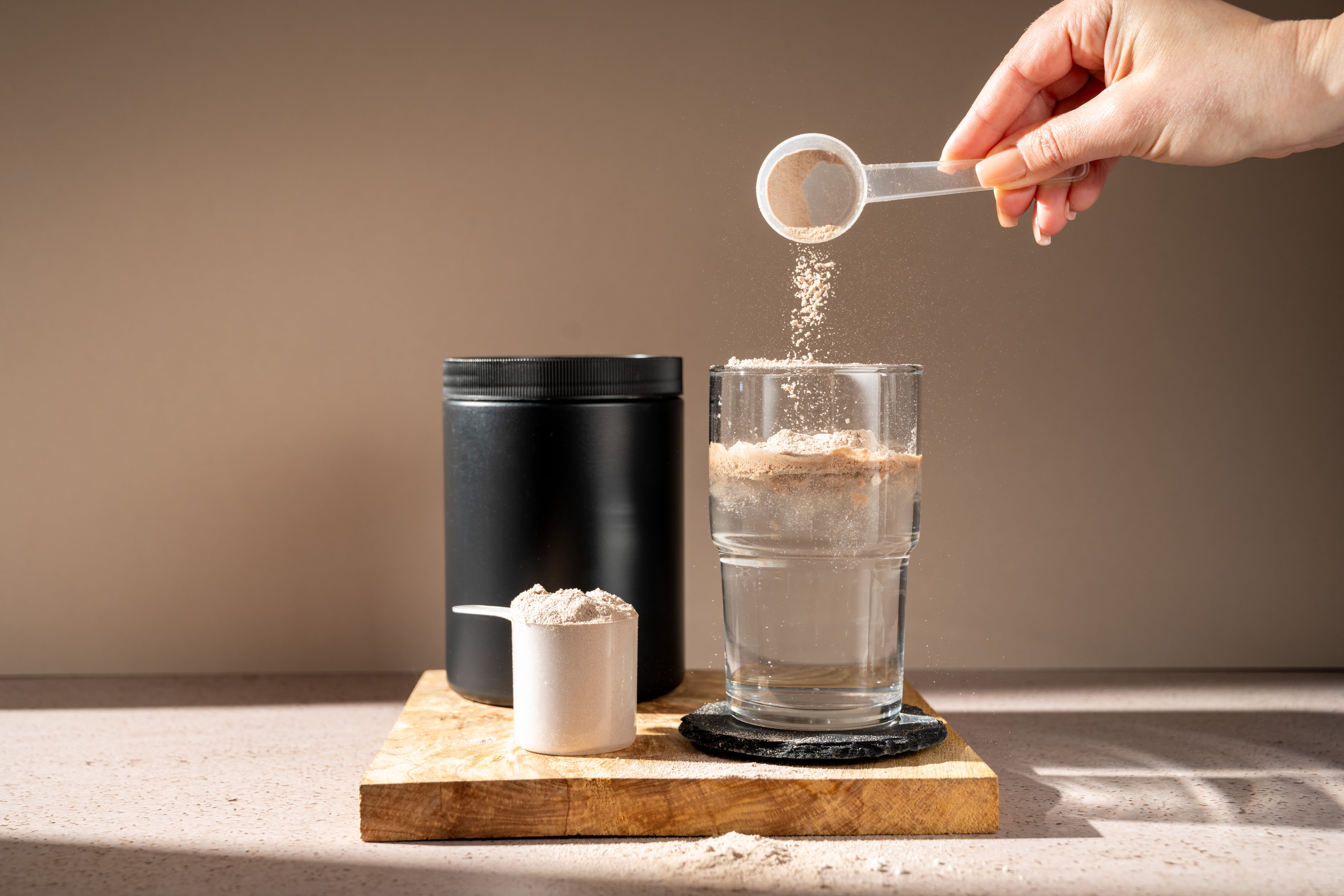This strategic move marks a milestone that underscores the company’s ongoing efforts to deepen its presence in the Chinese market, where it made its first investment 10 years ago.
Established in 1996 and headquartered in Beijing, Fengli Group is said to be a leading specialty chemicals distributor for excipients and active pharma ingredients (APIs) in China.
The acquisition, expected to be completed in the second half of 2025, will help Barentz serve local customers more effectively and expand its sales network in the market.
“This acquisition is a vital step in executing our ‘buy and build’ strategy in Asia-Pacific (APAC) — adding value through carefully chosen, high-quality partnerships.
“Acquisitions of this scale and importance are never quick, and rightly so. We approached this with the same deliberate, thorough mindset that underpins all our strategic growth initiatives. It’s not just about financials or timing; it’s about ensuring long-term value, cultural alignment, and a shared vision for the future,” Marc Duchene, CEO (APAC) at Barentz, told NutraIngredients-Asia.
He added that the process has taken several months and involved close collaboration, which was essential to build mutual trust and a strong understanding of each other’s capabilities and aspirations.
“Fengli represents an excellent strategic and cultural fit for Barentz. With their deep expertise in excipients and APIs and their strong footprint in China’s pharmaceutical market, the acquisition significantly strengthens our position in the region. It also aligns with our wider ambition to grow our pharmaceuticals segment across APAC and globally.”
Barentz’s pharmaceutical and nutraceutical business currently operates in over 70 countries, including seven in Asia.
Opportunities and ambitions
The company plans to leverage Fengli Group’s resources in three main ways — customer reach, supplier network, and technical expertise.
“Fengli has strong local market presence and relationships with pharmaceutical customers. This opens up opportunities to expand the portfolio we offer in China and tailor our value proposition more effectively to local needs.
“In addition, their well-established connections with local manufacturers of excipients and APIs will benefit the entire Barentz network, enhancing our sourcing capabilities and supply chain resilience. This will also further strengthen partnerships with our principal partners.
“Fengli also brings extended formulation know-how and experience in developing nutraceutical concepts. We intend to bridge this with our global application teams, creating opportunities for cross-fertilisation of ideas and innovation across regions.”
According to Duchene, China has some of the highest R&D investment levels for pharmaceuticals globally in recent years.
Through the acquisition of Fengli, Barentz aims to position itself as a key distributor within the Chinese ecosystem.
“Our goal is to support local customers in their development efforts by offering high-quality, technically supported ingredients; help our global clients grow their local reach through a trusted, established partner; and solidify our footprint in a market that is critical for the future of pharmaceutical innovation and production.”
Strong growth trajectory in APAC
The APAC nutraceuticals market is projected to reach USD34.68bn by 2030, up from USD21.6bn in 2023.
“Within the region, we see the most promising opportunities in China, Korea, India, Australia, and New Zealand, all of which show strong innovation pipelines and high CAGR projections. These markets are key to our growth strategy going forward,” Duchene shared.
In particular, the categories that are expected to experience sustained growth over the next few years are tied to key health concerns — cognition and mental performance, including brain-boosting and mood-supporting ingredients; immunity, which continues to be a major driver post-pandemic; and preventive health support, with demand for remaining high.
In terms of trends, Barentz is observing several “dynamic shifts” in the nutraceutical space across APAC.
“There is growing demand for delivery formats other than traditional tablets and capsules. Consumers are increasingly drawn to convenient, on-the-go solutions such as gels, shots, and stick packs.
“We’re also seeing an evolution from traditional natural medicine systems like TCM and Ayurveda towards branded, clinically validated active ingredients. This reflects a desire for efficacy backed by science, especially among younger and urban consumers.
“Additionally, the functional foods and beverages segment is gaining momentum, with health claims playing a more prominent role in consumer purchasing decisions.”





